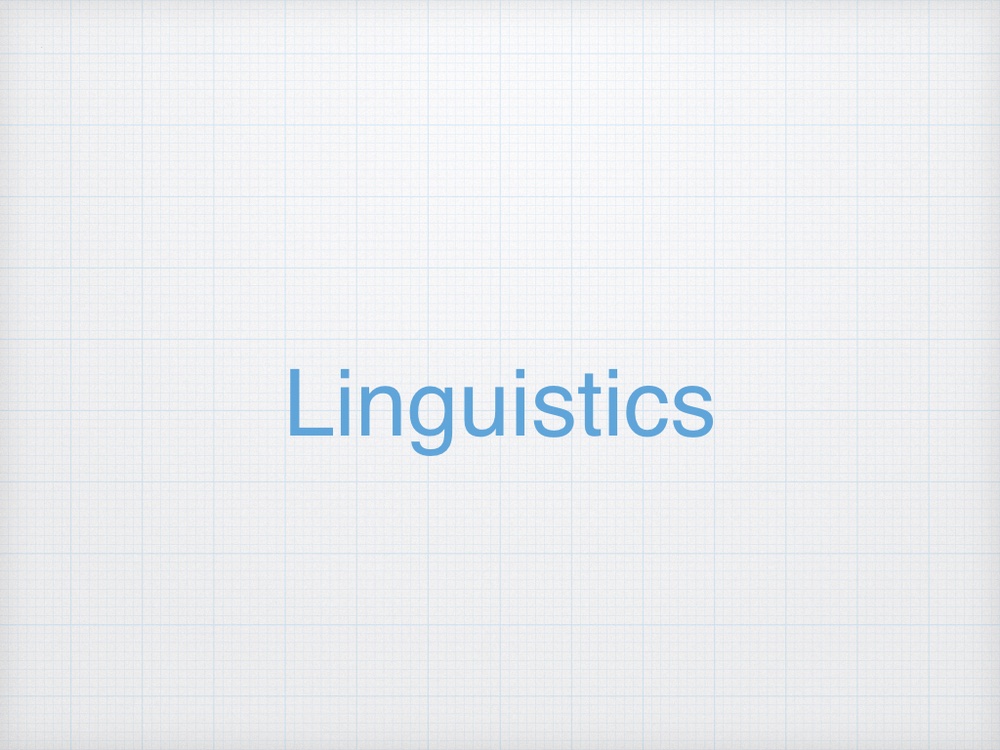離散無限性
ヒトの言語能力の特異性の一つにDiscrete Infinity (離散無限性) というものがある.
これはヒトの言語能力というのは, Discrete (離散している) な要素である有限の資源 (語彙項目) と有限の計算操作を用いて, 無限 (Infinity) の新しい言語表現を理解し, 生成する能力を指している.
Berwick and Chomsky (2016) はこの内容を端的に説明しており, 非常に理解しやすいため引用したい.
The most elementary property of our shared language capacity is that it enables us to construct and interpret a discrete infinity of hierarchically structured expressions: discrete because there are five-word sentences and six-word sentences, but no five-and-a-half-word sentences; infinite because there is no longest sentence. Language is therefore based on a recursive generative procedure that takes elementary word-like elements from some store, call it the lexicon, and applies repeatedly to yield structured expressions, without bound. (p. 72)
私たちが共有する言語能力の最も基本的な特性は, 階層的に構造化された離散的な無限の表現を構築し, 解釈できる点にあります. 「離散的」であるとは, 5語の文や6語の文は存在しても, 5.5語の文は存在しないからです. 「無限」であるとは, 最も長い文というものが存在しないからです. したがって, 言語は再帰的な生成手順に基づいています. この手順は, 語彙 (lexicon) と呼ばれる貯蔵庫から基本的な単語のような要素を取り出し, それを繰り返し適用することで, 無限に構造化された表現を生み出すのです. (Gemini 訳)
この能力がヒトと他の動物を分け隔てているもののひとつであると言えるだろう.
参考文献
- Berwick, R. C., & Chomsky, N. (2016). Why only us: Language and evolution. MIT press.

